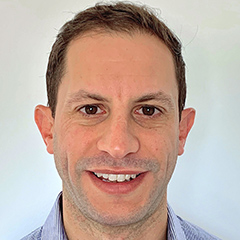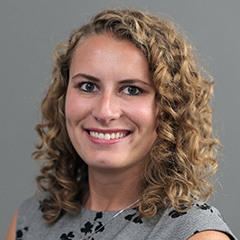Project Overview
To assess the effects of Generation’s workforce development programs in India and Kenya on employment outcomes.
As Generation seeks to further expand its global reach and influence, it drew on Mathematica’s expertise conducting rigorous mixed-methods evaluations to inform its outcomes measurement approach, provide independent evidence on program outcomes, and generate insights for program improvement.
- EDI Global
- RSB Insights & Analytics
Generation
In both India and Kenya, the long-term outcomes assessment showed that Generation learners substantially outperformed the comparison group in key labor market outcomes, which were measured about 15 months after program completion, on average. In India, Generation learners were more than twice as likely as comparison learners to have found a job since program completion, and more than 50 percent more likely to be employed at the survey date. Generation learners also earned an average of about 75 percent more at the survey date, primarily because a greater percentage were employed. In Kenya, Generation earners were almost 30 percent more likely to have found a job since program completion than similar non-selected applicants, and more than 60 percent more likely to be employed at the survey date. Generation learners in Kenya earned an average of 50 percent more than non-selected applicants at the survey date.
Generation has an ambitious vision of scaling up its job training programs globally—and to justify this, it needs robust independent evidence of program impacts. Mathematica’s evaluations in India and Kenya enabled Generation to demonstrate that its innovative skills-based approach to training and placing talent was associated with large improvements in employment rates and earnings.
Evidence & Insights From This Project

Generation Evaluation in India and Kenya: Phase II Report
Mathematica researchers present Phase II results from an evaluation of workforce development programs in Kenya and India implemented by Generation. Phase II of the evaluation focuses on long-term employment outcomes for learners.
Learn MoreEfficiency Meets Impact.
That's Progress Together.
To solve their most pressing challenges, organizations turn to Mathematica for deeply integrated expertise. We bring together subject matter and policy experts, data scientists, methodologists, and technologists who work across topics and sectors to help our partners design, improve, and scale evidence-based solutions.
Work With Us


